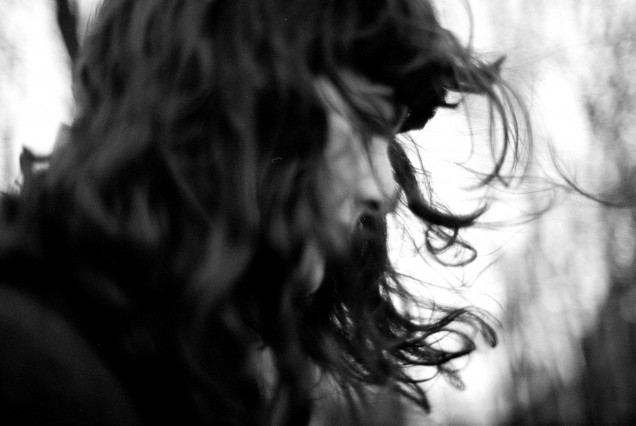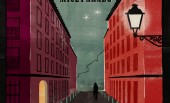‘An Englishman’s home is his castle’ is a phrase that goes back to the 16th century, enshrining the right of a homeowner to do what they please in the privacy of their own home without the intrusion of either stranger or State. As Pitt the Elder eloquently put it in 1763: “The poorest man may in his cottage bid defiance to all the forces of the crown. It may be frail – its roof may shake – the wind may blow through it – the storm may enter – the rain may enter – but the King of England cannot enter”.
While admittedly it’s more likely to be a TV License inspector or Jehovah’s Witness begging entry to your domicile than a rambling King these days, the right remains to turn away anyone knocking at your door (at least until the police accidentally boot it down while attempting to raid the drug dealers next door). And considering the world outside is a mess of rapists, hailstones and attempted beheadings, staying indoors sometimes seems like a pretty good idea.
That seems to be the conclusion Nancy Elizabeth came to before creating her third album anyway. ‘Dancing’ came about when, with “no money to do anything and no reason to be anywhere”, she locked herself away with a bunch of instruments and set about stitching them together. Indeed, considering the press release describes her chosen dwelling as a ‘bower’ (a woman’s private chamber in a medieval castle, apparently), it would appear that she was taking the home/castle parallel very seriously.
Which is appropriate for an album which contains a few medieval modes itself. This is folk music that spans great distances; songs like ‘Indelible Day’ could’ve been written hundreds of years ago, while the electro-acoustic, Tunng-tied dance of ‘Debt’ is moored firmly in this century. In the bubble of Elizabeth’s Mancunian flat time seems to have dissolved, leaving her free to span the aeons like a piano-playing Doctor Who.
She crosses regions too. Lead single ‘The Last Battle’ partially locates itself in Spaghetti Western-ised Southern Europe, with a Morricone-esque vocal line worthy of ‘An Ecstasy of Gold’. It’s completely beguiling, with Elizabeth insisting “I won’t be the devil’s whore / No more, no more” over a moodily sauntering chord progression.
The whole album feels like the musical equivalent of an only child left to its own devices, creating entire worlds in a bedroom using only whatever surrounding objects are to hand. “The great thing about music is that it doesn’t cost anything to make,” is how she puts it, although that’s to ignore the vast amounts of time that’s gone into this – two and a half years of secluded songwriting to be exact.
And it’s time that’s clearly paid off, especially on tracks like the sometimes plinky, sometimes pensive ‘Heart’, which comes across like a less quirky CocoRosie and features gorily gothic lyrics like, “For him I removed my very skin / My blood poured out on the floor”.
Serafina Steer, Laura Marling and even PJ Harvey’s ‘White Chalk’ album all have echoes here as well, while Elizabeth’s musical voice is blessed with a notable clarity. There are times, however, when things could do with being muddied a little, especially on the airily undulating ‘Mexico’, which starts off nicely but threatens to veer off into Enya territory by the end.
Fortunately the fascinating moments outweigh the wearying ones. ‘Shimmering Song’ is a brilliant bit of dappled sunlight filtering through breeze-tousled branches, while the closing ‘Early Sleep’ is a somewhat creepy lullaby, with voices chattering in the background like the ones in your head when you can’t sleep, negative thoughts flying about like bits of silver paper in the Crystal Maze dome.
It ends with line: “Here I am. Here I dare to be human”. If we assume the ‘here’ is her own home, then that makes a great deal of sense. She may be surrounded with instruments, but it’s her voice that shines through most, not least on ‘All Mouth’, an adroit bit of minimalism created by manipulating slices of her own singing. Again, it seems to emphasise how isolation can be the greatest form of inspiration. In her own words, “external influences, and having to engage with other humans, does somewhat hinder my ability to create. Making music is my defence against aural clutter”.
Does that make ‘Dancing’ aural clutter for the rest of us then? Maybe so, but like that magazine lying open on an unread article, the ashtray just at hand when you need it, or a bunch of purple pebbles picked up from a recent trip to the beach, it’s the kind of clutter that’s comforting to have around.






Follow us
Follow us on Facebook Follow us on Twitter Follow us on Google+ Subscribe our newsletter Add us to your feeds